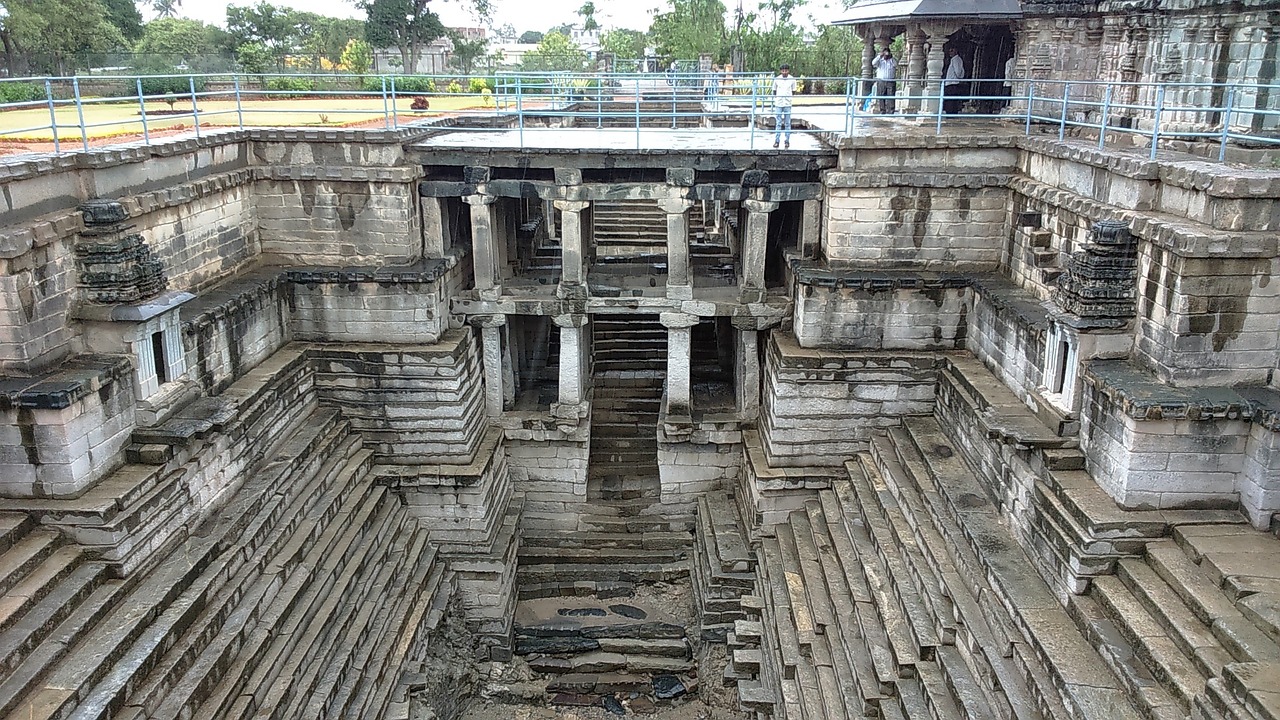Analyzing the Role of Virtual Events in Political Engagement
cricbet99.win register, sky 99 exch, reddy book club:Analyzing the Role of Virtual Events in Political Engagement
In recent years, the world has seen a significant shift in the way political engagement takes place. With the rise of technology and the increasing use of virtual platforms, political events are no longer confined to physical spaces. Virtual events have become a powerful tool for politicians and citizens alike to connect, engage, and mobilize.
In this article, we will delve into the role of virtual events in political engagement, exploring the benefits, challenges, and implications of this evolving trend.
The Rise of Virtual Events
Virtual events have surged in popularity in recent years, and the political arena is no exception. With the ability to reach a wider audience, engage participants from different locations, and facilitate real-time interactions, virtual events offer a level of accessibility and convenience that traditional events cannot match.
Politicians and political organizations are increasingly turning to virtual events as a way to connect with voters, raise awareness about key issues, and mobilize support. From virtual town halls and campaign rallies to online debates and webinars, the possibilities for virtual political engagement are virtually endless.
Benefits of Virtual Events in Political Engagement
One of the key benefits of virtual events in political engagement is the ability to reach a broader audience. With virtual events, politicians can connect with voters from different geographic locations, socioeconomic backgrounds, and demographic groups. This level of accessibility can be particularly beneficial for marginalized communities who may face barriers to attending in-person events.
Virtual events also offer a level of convenience that traditional events cannot match. Participants can join from the comfort of their own homes, eliminating the need for travel, accommodation, and other logistical challenges. This ease of access can help increase participation rates and engagement levels.
Furthermore, virtual events provide a platform for real-time interactions and engagement. Participants can ask questions, share their perspectives, and engage in discussions with politicians and other participants. This level of interactivity can help foster a sense of community and connection among participants, leading to increased levels of engagement and support.
Challenges of Virtual Events in Political Engagement
While virtual events offer numerous benefits, they also come with their own set of challenges. One of the key challenges is the digital divide, which refers to the disparities in access to technology and the internet. Not all individuals have equal access to high-speed internet, computers, or smartphones, which can limit their ability to participate in virtual events.
Another challenge is the lack of personal connection and rapport that can be established in in-person events. Virtual events may lack the intimacy and human connection that can be fostered through face-to-face interactions. This can make it more difficult for politicians to establish trust, build relationships, and connect with voters on a personal level.
Additionally, virtual events may be more susceptible to technical issues and disruptions. Poor internet connections, software glitches, and other technical challenges can disrupt the flow of the event and impact the overall user experience. Politicians and organizers must be prepared to address these issues and ensure a smooth and seamless virtual event experience.
Implications of Virtual Events in Political Engagement
The rise of virtual events in political engagement has several implications for the political landscape. One of the key implications is the democratization of political participation. Virtual events can empower individuals to engage in the political process, voice their opinions, and connect with politicians in ways that were previously inaccessible.
Virtual events also have the potential to increase transparency and accountability in politics. By providing a platform for open dialogue and public discourse, virtual events can help hold politicians accountable for their actions, policies, and decisions. Citizens can directly engage with politicians, ask tough questions, and demand transparency and accountability from their elected officials.
Furthermore, virtual events can help foster a sense of community and solidarity among participants. By bringing together individuals from diverse backgrounds and perspectives, virtual events can create a sense of shared purpose, common values, and collective action. This sense of community can help mobilize support, drive social change, and influence political outcomes.
The Future of Virtual Events in Political Engagement
As technology continues to advance and virtual platforms become more sophisticated, the role of virtual events in political engagement is likely to grow. Virtual events offer a unique opportunity for politicians and citizens to connect, engage, and mobilize in ways that were previously unimaginable.
However, it is important to recognize that virtual events are not a panacea for all the challenges facing political engagement. They must be complemented by other forms of engagement, such as in-person events, community organizing, and grassroots activism. By combining virtual events with traditional forms of engagement, politicians and citizens can create a more robust and inclusive political landscape.
In conclusion, virtual events have the potential to revolutionize political engagement, offering new opportunities for connection, dialogue, and mobilization. By embracing virtual events and harnessing their power, politicians and citizens can work together to build a more inclusive, transparent, and participatory political system.
—
FAQs
Q: How can I participate in virtual political events?
A: You can participate in virtual political events by keeping an eye out for announcements and invitations from political organizations, following politicians on social media for updates, and joining online forums and discussion groups related to politics.
Q: What are some tips for organizing a successful virtual political event?
A: Some tips for organizing a successful virtual political event include testing your technology beforehand, promoting the event on social media and other platforms, engaging participants through interactive features, and ensuring a smooth and seamless user experience.
Q: How can virtual events help increase political engagement among young people?
A: Virtual events can help increase political engagement among young people by providing a platform for open dialogue, community building, and interactive engagement. By creating opportunities for young people to connect with politicians and other participants, virtual events can help foster a sense of empowerment, agency, and voice in the political process.
Q: Are virtual events accessible to individuals with disabilities?
A: Virtual events should strive to be accessible to individuals with disabilities by providing closed captioning, sign language interpreters, and other accommodations as needed. Organizers should ensure that their virtual events are inclusive and welcoming to participants of all abilities.







